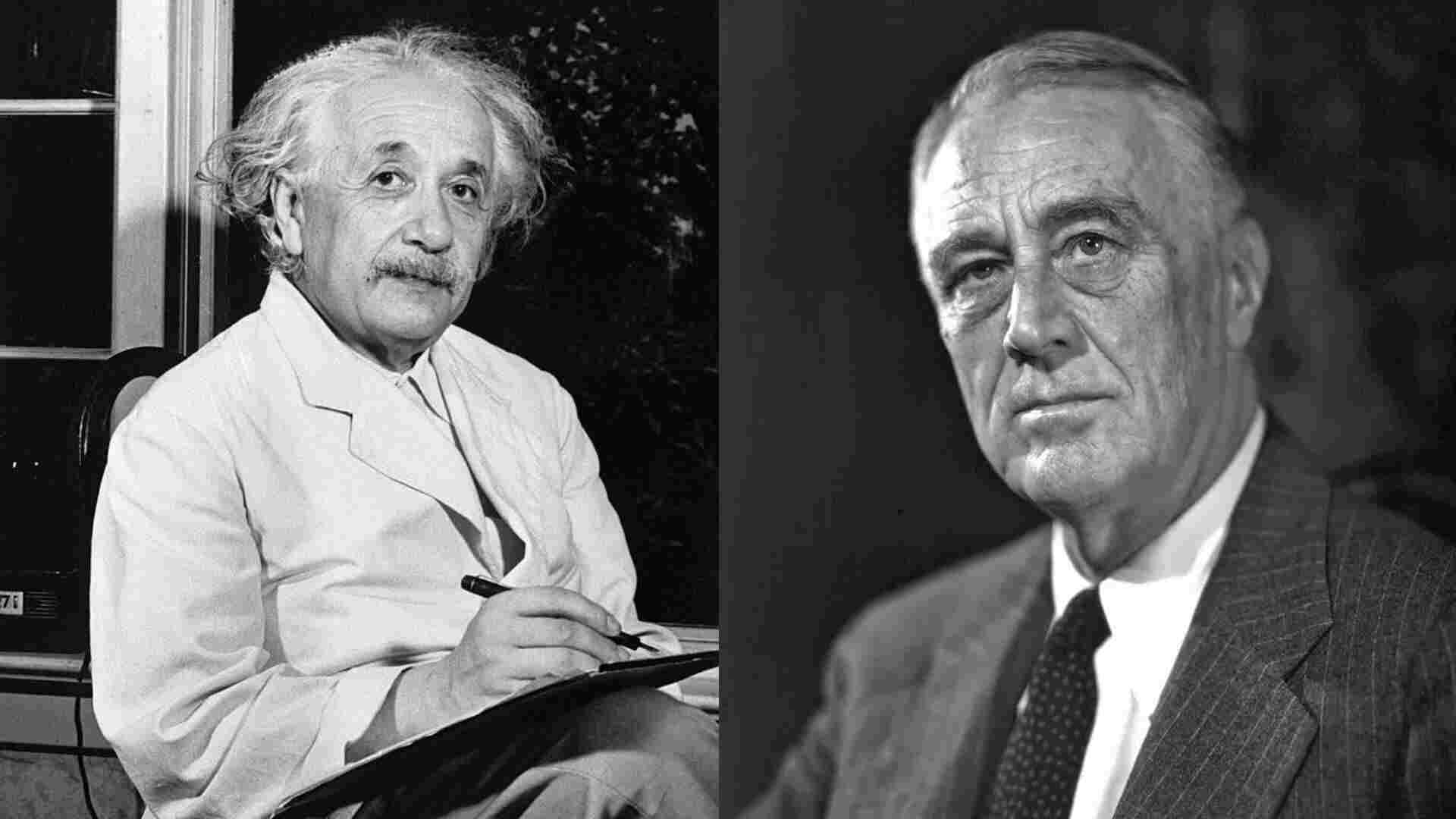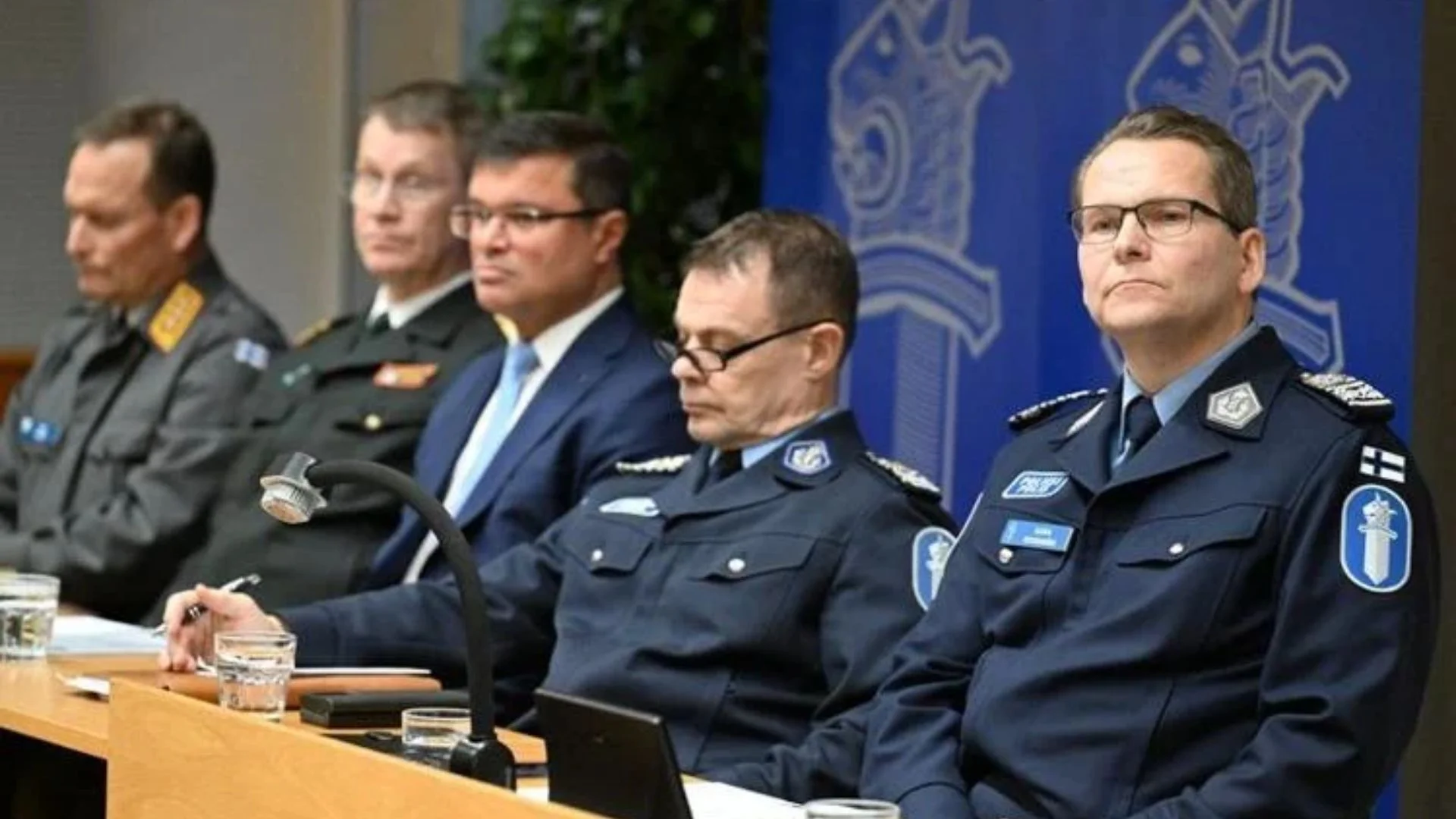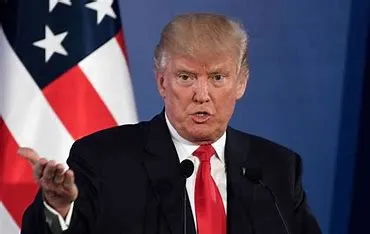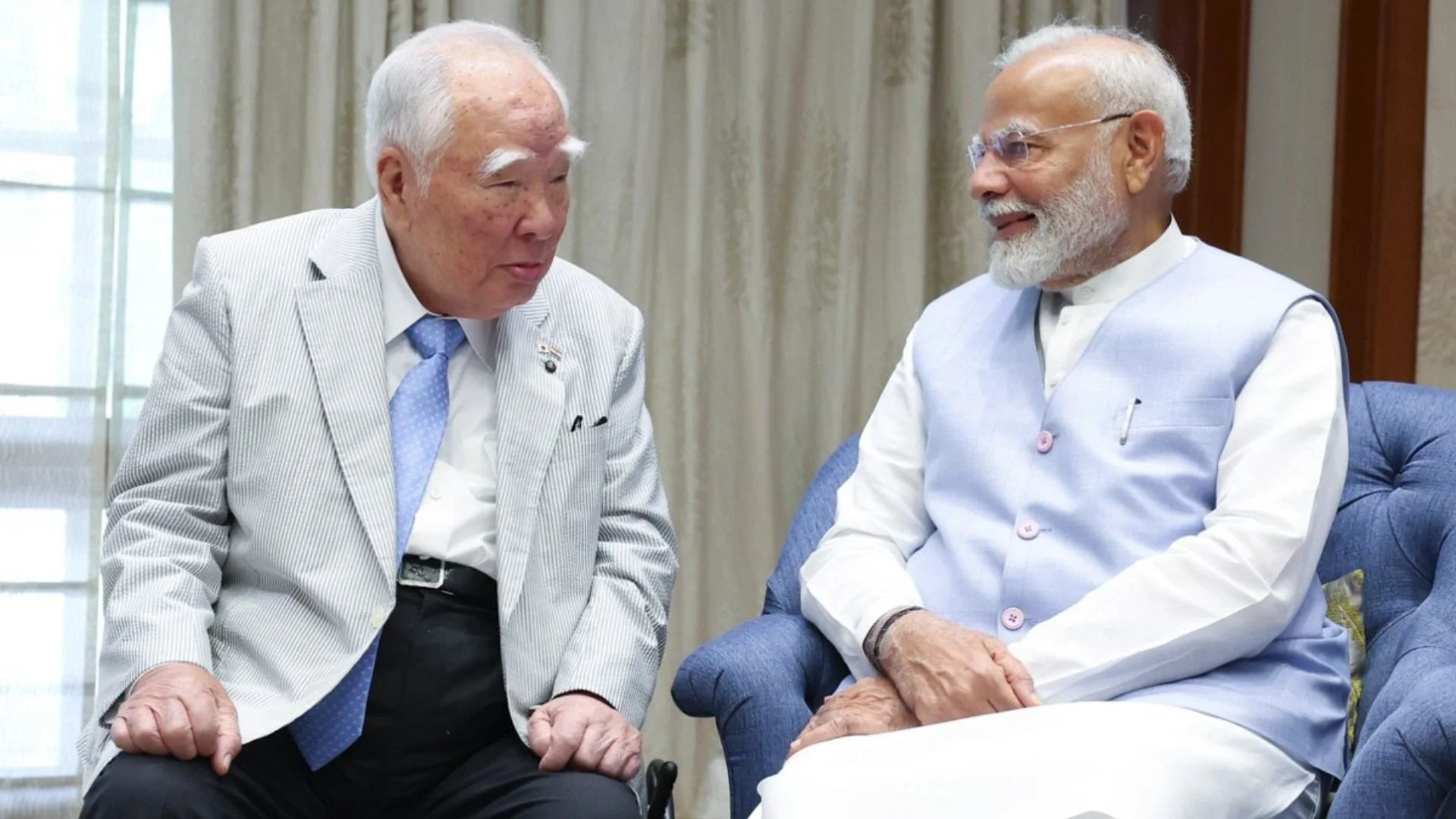A letter written by Albert Einstein in 1939, urging President Franklin D. Roosevelt to focus on nuclear research, recently sold for an impressive $3.9 million at a Christie’s auction. This historic document, which played a crucial role in the development of the atomic bomb, emphasized the serious potential of nuclear weapons and called for urgent American action. The letter, a part of the Franklin D. Roosevelt Library’s collection in New York, marks a significant moment in history.
What Was Written In The Letter?
In the letter, Einstein alerted Roosevelt to the possibility of Nazi Germany developing nuclear weapons. He highlighted advancements in nuclear physics, noting that uranium could become “a new and important source of energy” with the potential to create “extremely powerful bombs.” Co-authored with physicist Leo Szilard, the letter was instrumental in persuading the U.S. government to expedite research into nuclear fission, leading to the Manhattan Project and the creation of atomic bombs.
Peter Klarnet, a senior specialist at Christie’s, described the letter as “one of the most influential in history.” Written in the summer of 1939, it significantly impacted the nuclear arms race during World War II. The auctioned copy, previously owned by late Microsoft co-founder Paul Allen, was bought for $2.1 million in 2002. Before that, it was in the possession of publisher Malcolm Forbes, who had acquired it from Szilard’s estate.
Despite advancing U.S. nuclear capabilities, Einstein later expressed regret over his role in the development of atomic weapons, calling it his “one great mistake.” Reflecting on the bombings of Hiroshima and Nagasaki in 1945, Einstein reportedly lamented, “Woe is me,” acknowledging the profound human suffering caused by the weapons his warning helped bring into existence.























